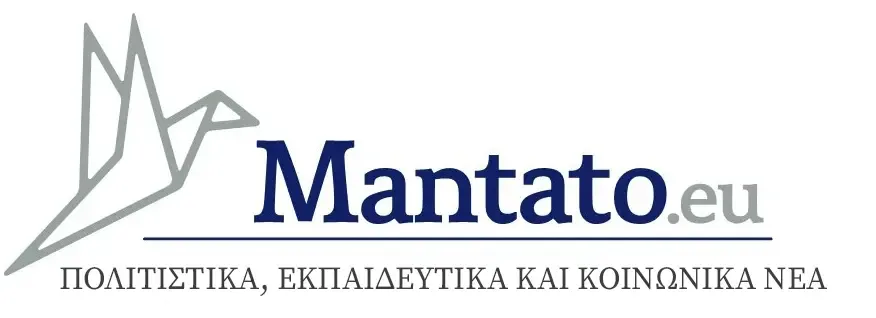306
| The EU’s regions and cities have underlined their essential role in boosting investment in artificial intelligence (AI) and fostering trust in AI solutions. The European Committee of the Regions (CoR) has adopted an opinion calling for more transparency and stricter information requirements, especially what comes to high-risk AI systems. It also points out the major human rights risks and implications associated with the use of social classification, which should only be allowed only for specific purposes and always with human oversight to avoid any violations to the right to dignity and non-discrimination and to the values of equality and justice. |
| The Committee strongly believes that the EU Regulation in the field of Artificial Intelligence should allow regions and cities to participate in the monitoring of AI systems and report on their implementation. The opinion drafted by Guido Rink (NL/PES), Member of the Executive Council of Emmen, regrets the absence of reference to local and regional authorities in the draft regulation, despite their key role in creating a favourable environment to AI investment and in exploiting the potential of AI systems to provide better services to the citizens. Mr Rink’s opinion was adopted at the CoR plenary session on 2 December. “The vertiginous developments in the field of Artificial Intelligence have a direct impact on all citizens and levels of government. The Artificial Intelligence Act is therefore in principle a useful tool to avoid fragmentation in AI implementation rules across the EU. However, while Member States should not obstruct the application of the Regulation, proper consultation of the local and regional authorities concerned when it comes to the use of high-risk AI systems is imperative. What is more, we need much stronger safeguards in relation to AI-driven social scoring by public authorities, which risks leading to discrimination and social exclusion, while retaining the possibility to use AI with human oversight for better service provision”, rapporteur Guido Rink said. The CoR opinion calls on the Commission to consider in greater depth the high-risk classification of AI systems intended for use by public authorities, including AI systems used in democratic processes such as elections. Same transparency and information requirements should apply to all users, including private persons. Besides, Member States should retain the right to regulate high-risk AI systems if duly justified public and national security interests are at stake. Relevant local and regional authorities should always be consulted when AI systems are used for the real-time remote biometric identification of natural persons in publicly accessible spaces. The Committee also underlines the importance of clear rules in building an ecosystem of trust and lifting legal uncertainty surrounding the development and use of Artificial Intelligence. In that regard, early detection and elimination of potential overlaps and conflicts with existing rules is of key importance. It expresses concerns about the regulation’s potential administrative burden, which can hinder small and medium-sized enterprises and local and regional authorities in promoting innovation and deploying AI systems. Regions and cities are also asking the European Commission to provide funding for public campaigns to familiarise the general public with the uses and potential risks of AI systems and to inform consumers on Artificial Intelligence/machine-driven decision-making. |

